The Pradhan Mantri Awas Yojana (PMAY), is initiated by the Ministry of Homes and Urban Affairs (MoHUA), is a significant step towards ensuring that individuals from all walks of life have access to affordable homes. The initiative intends to meet the housing requirements of underprivileged groups, such as economically weaker sections (EWS) and low-income groups (LIG), who frequently encounter financial barriers to owning homes. The PMAY’s overarching goal is to make “Housing for All” a reality.
Mr. Anurag Goel, director of Goel Ganga Developments, explains in the following piece how to qualify for a housing aid initiative that offers interest rate reductions on home loans. The scheme aims to assist qualified individuals or families in acquiring or developing a home at a lesser cost.
The Pradhan Mantri Awas Yojana Online Form is for people who want to apply for a housing unit via the Pradhan Mantri Awas Yojana. For this, individuals must first complete the Pradhan Mantri Awas Yojana form.
The PMAY online form is available at https://pmaymis.gov.in/, with the eligible categories being EWS, LIG, MIG-I, and MIG-2. Thus, there were different kinds of PMAY online forms, includes the Economically Weaker Section (EWS), the Lower Income Group (LIG), the Middle Income Group-I, and the Middle Income Group II.
Table of Contents
TogglePMAY not eligible for:
Those having a yearly income of more than Rs 18 lakhs.
Those who have a pucca house anywhere in the country.
Those who have previously received government assistance to buy a home.
PM Awas Yojana Documentation
When applying for the PM Awas Yojana, numerous documents are necessary for both the online and offline processes. The documentation procedure is the most important phase, as it serves as proof.
Documents required while applying for PMAY
- Proof of identity is required for salaried employees. PAN Card, Aadhaar Card, Voter’s Card, Driving Licence, and Nationality Identification Proof (Voter’s Card/Aadhaar Card) (original and copy required).
- Category confirmation: Proof of address for SC/ST/OBC/Minority applicants is required. Aadhaar card/driver’s licence
- Income proof can include a salary slip, appointment letter, salary certificate, LIG/EWS income certificate, Form 16,
- Income Tax Assessment Order, or most recent income tax return.
- Certificate of Property Valuation
- Bank statement of the previous six months
- Plan of Construction NOC from housing society/competent authority
- Construction cost certificate and contract.
- Receipts for advance payment
- Property allotment letter or agreement, or other necessary property papers.
- Affidavit proving that the applicant or any of their family members do not possess a pucca house anywhere in the nation.
For self-employed/business professionals.
- To prove identity, use a PAN card, Aadhaar card, voter’s card or driving licence. For nationality, use a voter’s card or Aadhaar card.
- For category, use a SC/ST/OBC/Minority certificate.
- Address Proof: Aadhar Card/Driver’s Licence
- Income Proof: Form 16/Income Tax Assessment Order/Latest Income Tax Return, as appropriate.
- Attested financial statements of the firm to verify the type and operation of the business.
- Bank statement over the past six months
- Construction plan with NOC from housing society or relevant authorities.
- Certificate covering building costs.
- Construction agreement contains details about the developer and builder.
- Advance payment receipts
- Allotment Letter of property/agreement, or any pertinent property papers
- Affidavit showing that neither the petitioner nor any of their family members possess a pucca house anywhere in the nation.
Documents Required for Offline PMAY Application
The following are the documents that you must attach to your PMAY application at the time of submission:
- Copy of ID proof
- Copy of Address Proof
- Provide a copy of your Aadhaar card and income verification.
- Certificate of property appraisal and NOC from relevant authorities.
- Affidavit declaring that you or your family do not own a residence in India.
Procedure to fill out the PMAY Form Online
Step 1: Go to the official PMAY website, https://pmaymis.gov.in/ .
Step 2: On the main page, click on the ‘Citizen Assessment’ option and choose the one that pertains to you.
Step 3: To apply online for PMAY pick the ‘In Situ Slum Redevelopment (ISSR)’ option. The following page will ask for your Aadhaar number and name. Fill out the form and click ‘Check’ to validate your Aadhaar information.
Step 4: A detailed form, Format A, will emerge. This form requires all of your information. Fill up each column carefully.
Step 5: After completing the PMAY details, input the captcha and click the ‘Submit’ button. Your PMAY online application is completed.
Procedure to apply for PMAY offline
Here are the procedures to follow to apply for the Pradhan Mantri Awas Yojana offline. The processes include downloading the application form, filling it out with the appropriate information, and sending it to the nearest Common Service Centre or State Nodal Agency.
Step 1: Find the nearest CSC office operated by the state government.
Step 2: Collect an application form from the office.
Step 3: Fill out the form with personal information such as name, age, residence, and income.
Step 4: Pay the Rs. 25 application fee (excludes GST).
Step 5: Please submit the completed application form to an authorised person at the CSC office.
The Pradhan Mantri Awas Yojana is a Ministry of homes and Urban Affairs project aimed at providing affordable homes to every citizen of society. The programme strives to meet the housing requirements of the poor, particularly economically disadvantaged and low-income people. Applicants can apply for the scheme either online at the official PMAY webpage or in person. Eligible applicants can earn a discount on their home loan interest rates by following a few easy procedures, making it easier for them to build or buy a home and realise their goal of owning one. After application you can also check the status of your PMAY application form.


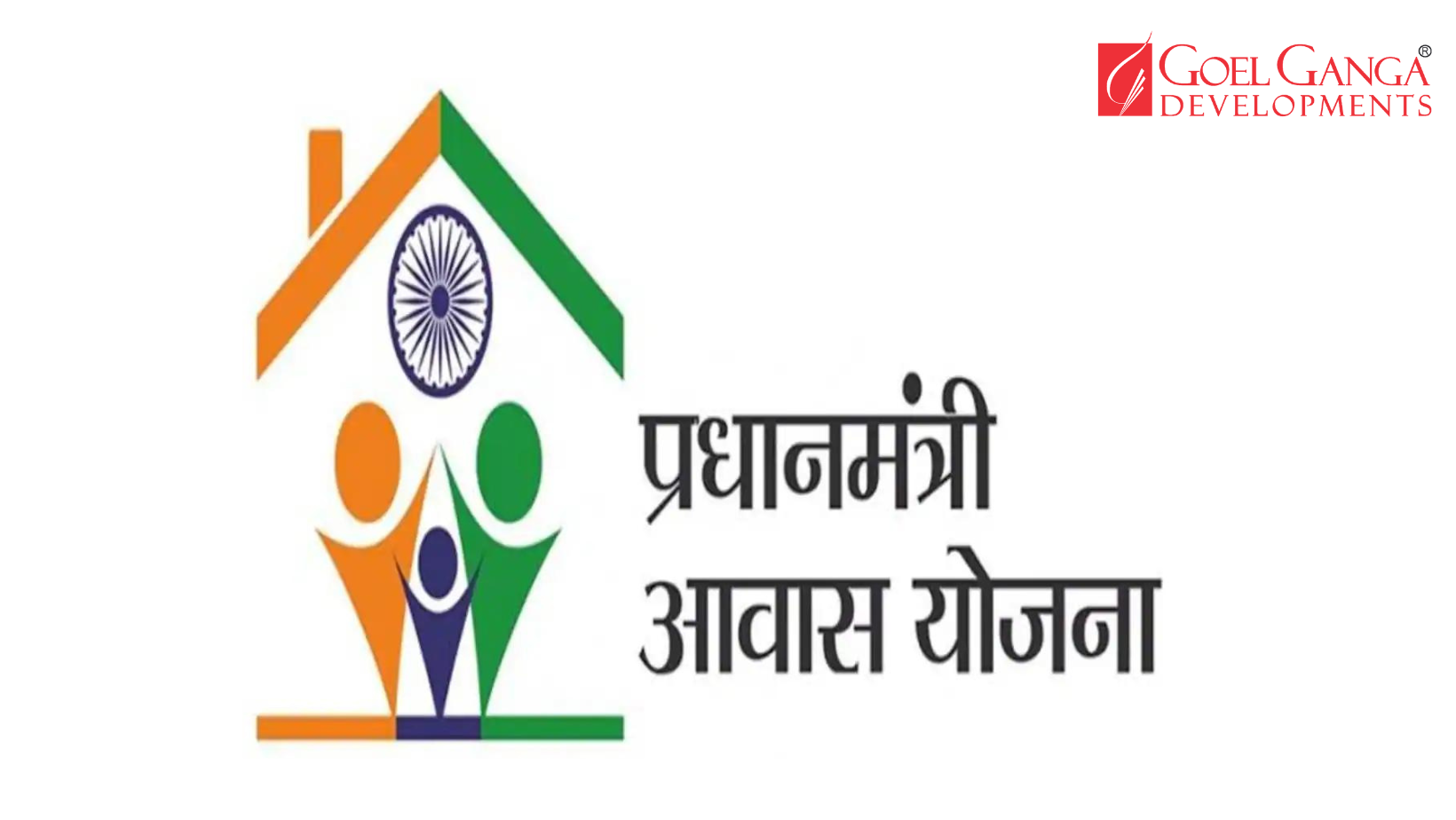
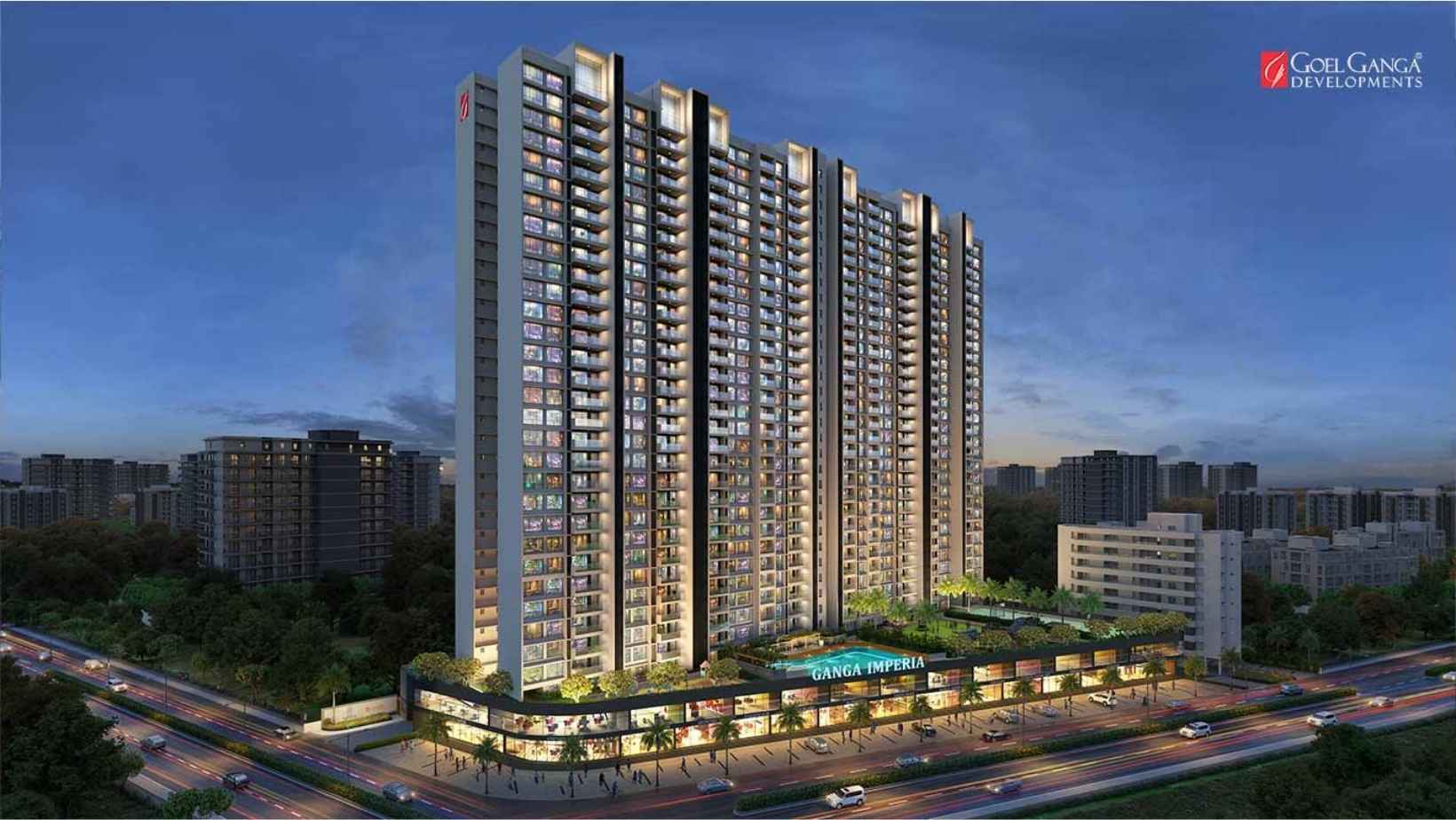
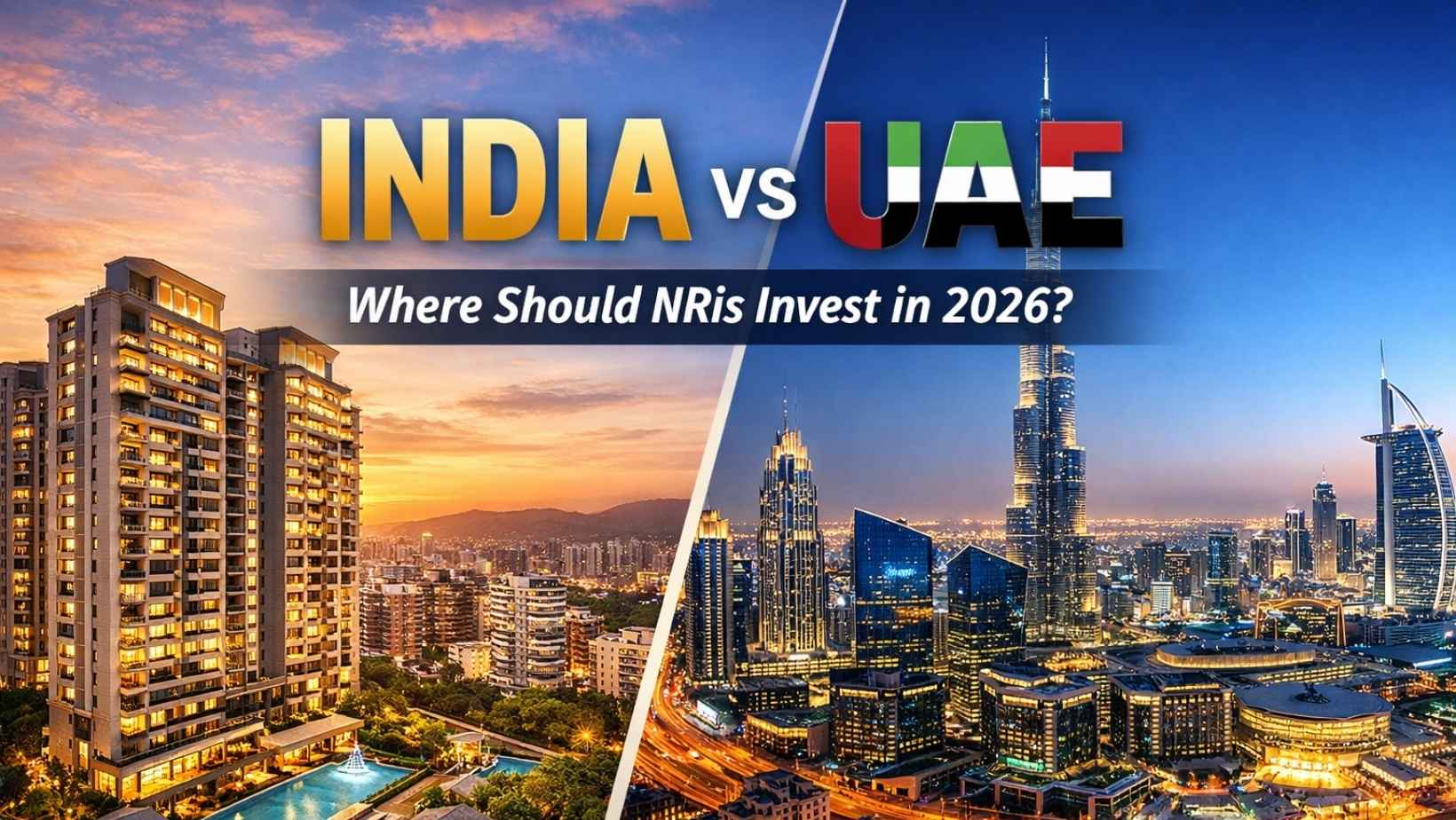
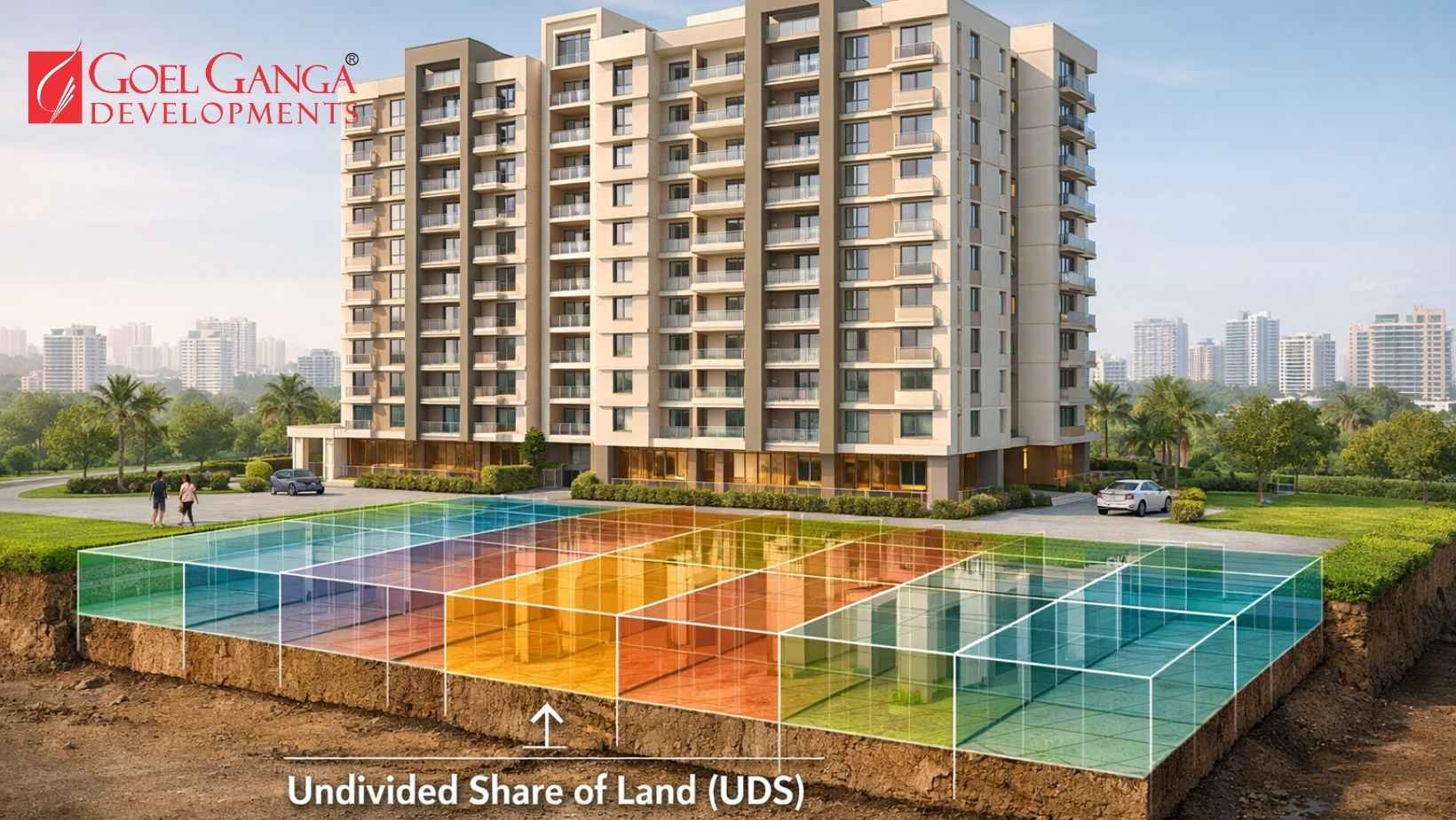
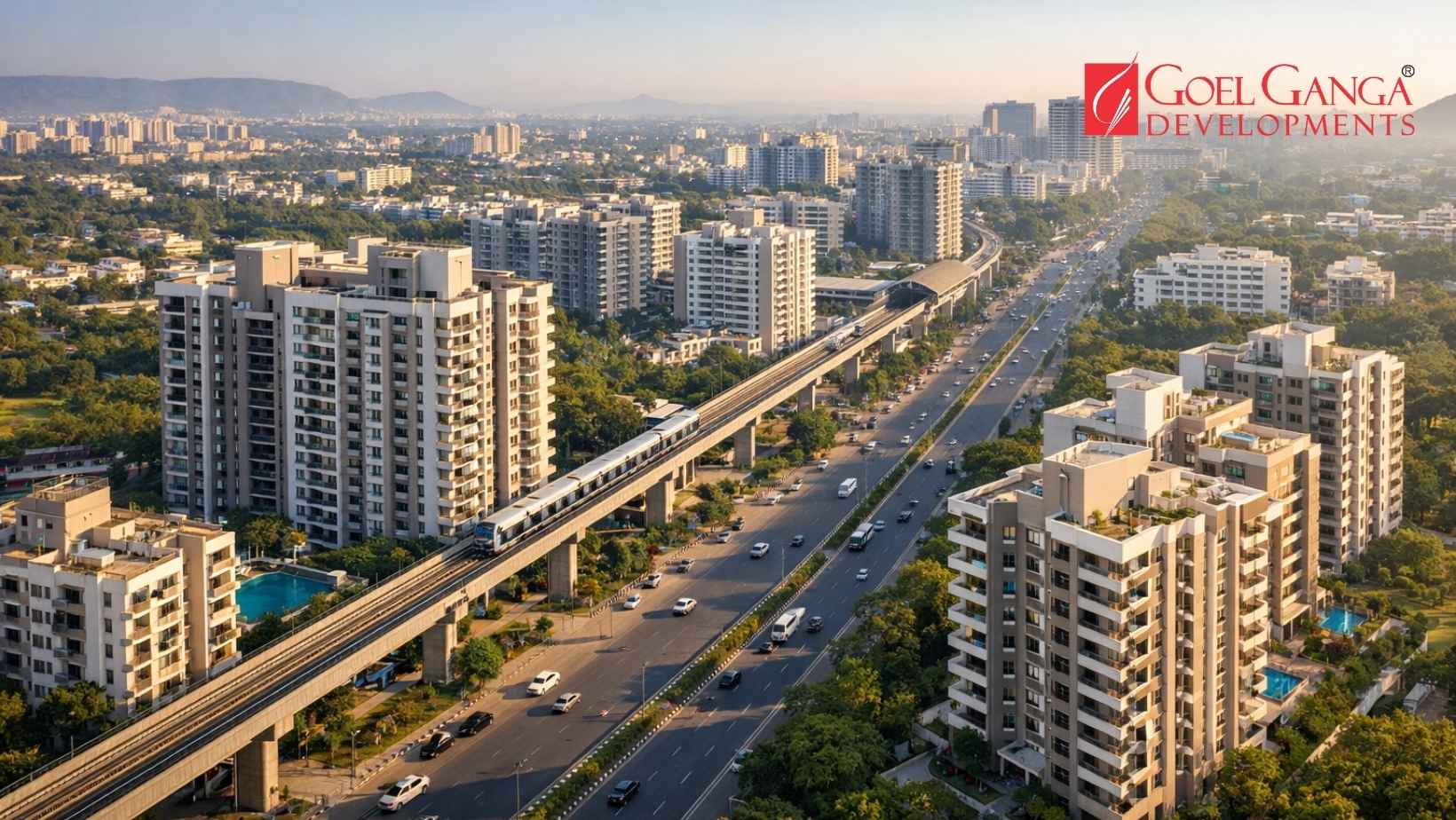

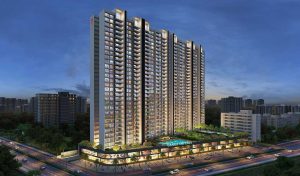

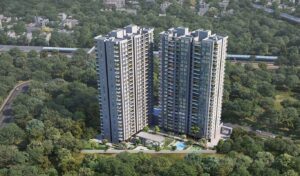
2 thoughts on “How To Apply Online And Offline For PM Awas Yojana (PMAY)”
Pingback: Union Budget 2024 Impact On Real Estate
Pingback: Budget 2024: Major Real Estate Transformations Announced